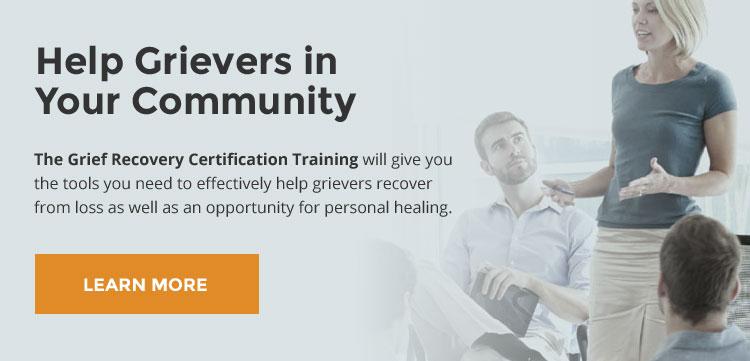
Anticipatory grief is most commonly associated to the feelings of grief felt by those who are dealing with a loved one’s impending death. A Place for Mom describes anticipatory grief as often being as intense as the grief experienced after a death itself. Perhaps a better and broader definition might be the conflicting feelings of grief associated with any relationship that is undergoing a dramatic change.
Certainly this is the case for those who have a relative recently diagnosed with Alzheimer’s disease or dementia. While these family members may recognize that these conditions are part of their loved one’s “final journey,” their most immediate grief is in having to assume a different, and ever expanding role as a caregiver in that relationship. Having to take on a “parenting role” with someone who has, in the past, been independent, is naturally an experience that generates feelings of grief.
This time of year, as parents deal with their children going off to a new school, and becoming increasingly independent, can be a grieving experience as well. As these parents prepared, during the last few months for this transition, they may well have been experiencing what is referred to as anticipatory grief. This type of grief can be a precursor to those “empty nest syndrome” feelings.
Offering people a label, such as “Anticipatory Grief” does not solve the problem. These people are grieving, and need solutions! The new trend seems to be to offer people labels for their grief. Disenfranchised Grief and Complicated Grief are simply labels for the many ways we may encounter this most basic of human emotions. There are other labels as well, which we will cover in future articles. The problem with any label is that it may give someone a description for his or her feelings, but it does little else. It offers them an “identity” to explain to others why it is that they are hurting, but at the same time may prevent them from taking action, since they are just dealing with “anticipatory grief,' rather than actually grieving the loss itself. Whatever label is offered, the thing that these people need to understand is that they are, indeed, grieving. That means that they have a clear choice: they can continue to be overwhelmed by those feelings of grief, or they can take action to move through and beyond them.

Rather than becoming the “victim” to a label, it is far better to take action!
Even for those people who are anticipating additional grief to come, they can take action now to deal with these current feelings. This will help them to better deal with the additional grief that they will likely have as time passes in this relationship. For those dealing with an impending death, they will find that in taking recovery action prior to that time will put them in a better emotional position when that death actually occurs.
The Grief Recovery Method is designed to offer grievers a mechanism to help them move beyond the pain and control that grief holds over lives. The principals it offers can be extremely effective in helping people struggling with any “type of grief.” I say this from the experience of having used this method to help me in dealing with both of my parents as they succumbed to the ravages of Alzheimer’s and dementia. By taking Grief Recovery Action for myself, early in their progression through these diseases, I was in a far better position to serve their needs, rather than being focused on my own. I was able to better act as their advocate, because I had already taken action to deal with the emotional pain in my own heart.
I personally found The Grief Recovery Method very helpful as well in dealing with my feelings of loss as our daughters moved on to independence and marriage. It helped me say “goodbye” to them as dependent children and “hello” to their new status as adults who could now make their own choices.
The average person tends to associate “real grief” as only related to a death. In fact, grief is the natural and normal emotion that people experience with every major change experienced in life. As was pointed out in “A Place for Mom,” anticipatory grief can be just as painful as the grief experienced at the time of a death.
The Grief Recover Method, and the actions spelled out in the step-by-step format of “The Grief Recovery Handbook,” are designed to help people deal with any type of grieving experience. These actions are something that you can work on together with a trusted friend, or with the assistance of a Certified Grief Recovery Specialist. Some people, after completing this work, then choose to go on to become Certified Grief Recovery Specialists themselves, so that they can better assist others.
Do not allow yourself to become a “victim” of a label. Instead make the personal choice to effectively deal with the grief in your life, so that you can make the most of every relationship, no matter what the situation.
If you found this article helpful information, we suggest you consider reading:
Dementia, Alzheimer's and Grief
The Best Definition of Grief You Will Find
You can visit our Grief Blog and search for topics related to grief, or you can sign up to receive new blog articles as they are published:
Photo Credit: 123RF Stock Photo ~ Nipon Temsakun
Download our free Grief Recovery Method Guide for Loss Ebook


























Add new comment